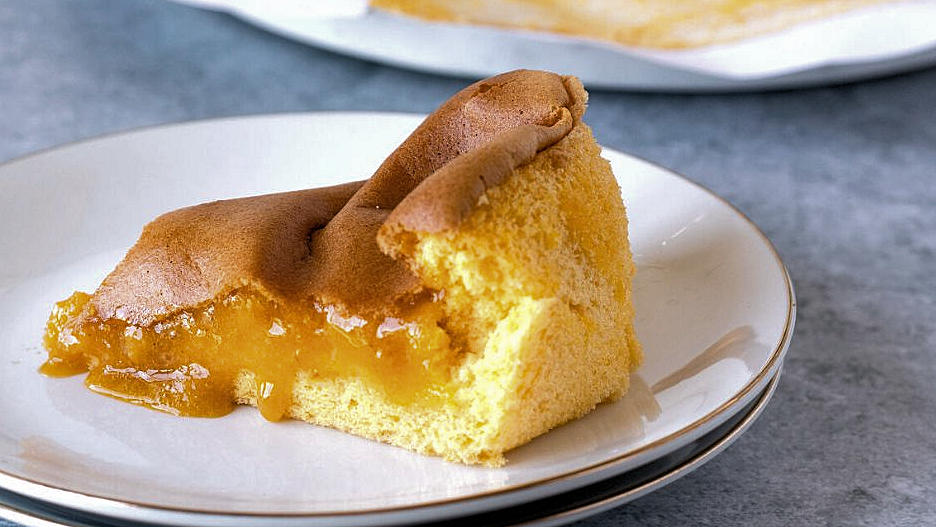What sets Pão de Ló de Ovar apart from other sponge cakes is its unique texture and flavor profile. Made with the finest ingredients such as eggs, sugar, and flour, this moist and creamy delicacy is a testament to the artistry of Portuguese pastry chefs. Their expertise shines through in the careful balance of ingredients, resulting in a cake that is soft, airy, and simply melts in your mouth.
A trip to Ovar wouldn't be complete without savoring a slice of this culinary gem. As you take your first bite, the delicate sweetness of the cake envelops your palate, and the subtle hints of cinnamon, clove, and nutmeg add a touch of warmth and depth to the experience. Pão de Ló de Ovar is typically served in its characteristic paper mold, adding a charming touch to the presentation. You can enjoy it with a spoon, savoring every luscious mouthful, or pair it with a glass of Port wine or a steaming cup of coffee for a truly indulgent moment.
Lisbon.vip Recommends
Although Pão de Ló de Ovar can be enjoyed throughout the year, it is particularly cherished during the festive seasons of Christmas and Easter. During these joyous occasions, the cake takes center stage on dessert tables, surrounded by other traditional delights. Furthermore, you can experience the magic of Pão de Ló de Ovar firsthand at various food fairs and festivals held across Portugal, where expert bakers proudly showcase their creations.



